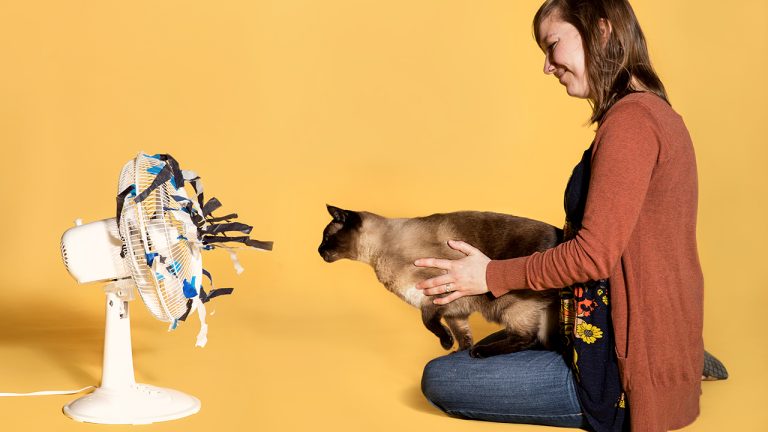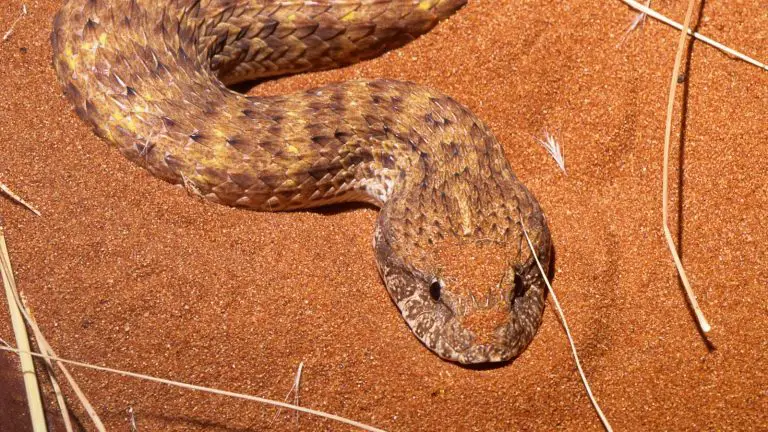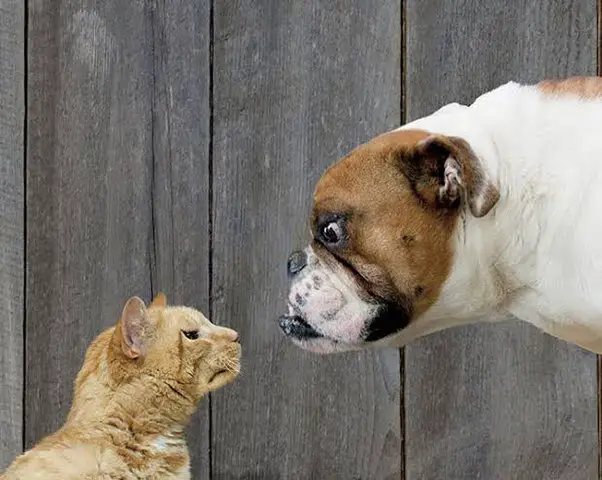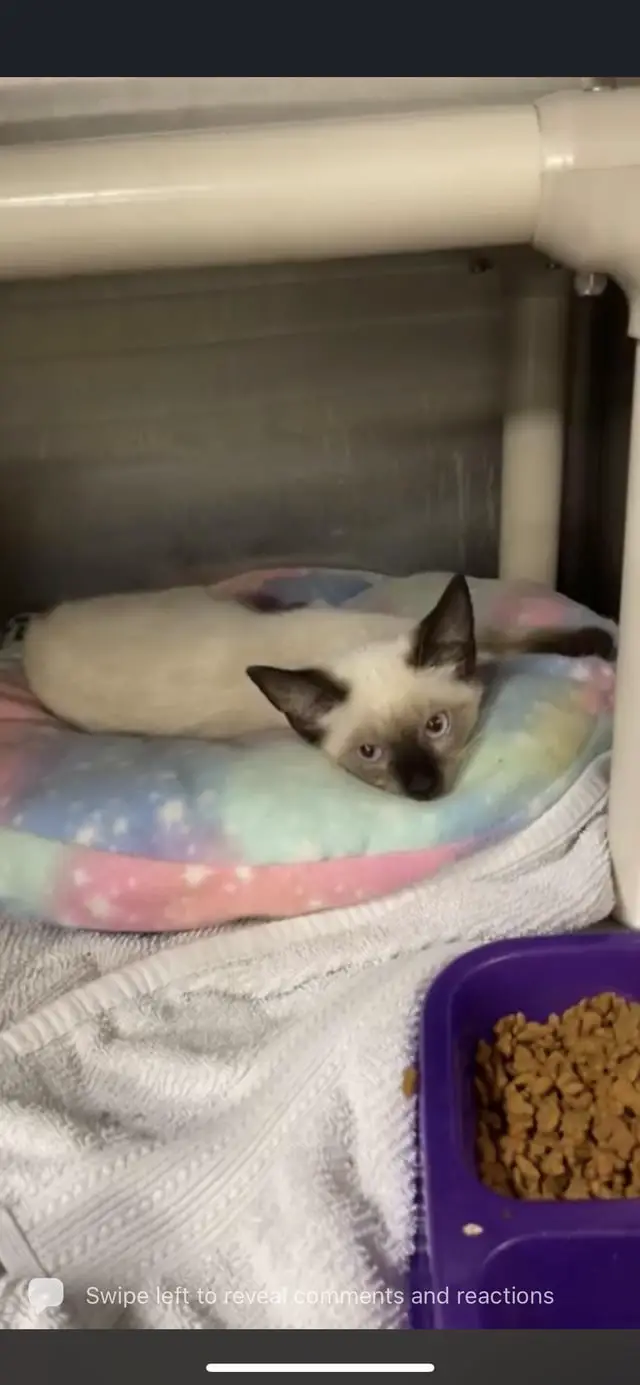5 Dangerous Foods to Avoid Feeding Your Ferret Now
Never feed your ferret chocolate, dairy products, sugary foods, caffeine, or raw meat. These foods can harm their health and should be avoided.
Ferrets are adorable little creatures that require a specific diet to stay healthy and happy. As a responsible ferret owner, it is crucial to understand what foods can be harmful to them. Feeding your furry friend the wrong foods can lead to digestive problems, nutrient deficiencies, and even life-threatening conditions.
To ensure the well-being of your ferret, it is essential to know which foods to avoid. We will discuss five foods that you should never feed your ferret. By following these guidelines, you can keep your furry companion safe and healthy for years to come. Let’s dive in and learn more about these potentially hazardous foods.

Overview Of Feeding Hazards
Feeding hazards for ferrets include five foods that should never be given to them. Awareness of these foods is crucial to ensure the safety and well-being of these furry pets.
Ferrets are adorable and playful pets, but when it comes to their diet, it’s important to know what foods can be harmful to their health. Feeding your ferret the wrong foods can lead to serious health issues, so it’s essential to understand the feeding hazards to keep your furry friend safe.
In this blog post, we will discuss three food categories that should never be a part of your ferret’s diet: Chocolate and Caffeine, Dairy Products, and Fruits and Vegetables.
Chocolate And Caffeine:
- Chocolate: It may be a guilty pleasure for us, but chocolate is a big no-no for ferrets. This sweet treat contains theobromine, which stimulates their nervous system and can cause muscle tremors, rapid breathing, or even potential heart failure.
- Caffeine: Ferrets are highly sensitive to caffeine, so it’s best to keep them away from beverages like coffee, tea, or energy drinks. Just a small amount of caffeine can lead to restlessness, rapid heartbeat, tremors, or even seizures in these curious creatures.
Dairy Products:
- Milk: Despite the popular belief, ferrets should not be given cow’s milk. They lack the necessary enzymes to digest lactose properly, leading to digestive upset including diarrhea and bloating.
- Cheese and Yogurt: While they may seem like tasty treats, cheese and yogurt are also dairy products that should be avoided. These can cause gastrointestinal issues in ferrets due to their lactose content.
Fruits And Vegetables:
- Onions and Garlic: These aromatic ingredients should never find their way into your ferret’s diet. Onions and garlic contain substances that can damage red blood cells, leading to anemia and other serious health complications.
- Fruits with High Sugar Content: While fruits are generally healthy for us, certain ones are not suitable for ferrets due to their high sugar content. Avoid feeding your ferret fruits such as grapes and raisins, as they can cause kidney damage or failure.
- Cruciferous Vegetables: Vegetables like broccoli, kale, and cabbage may be nutritious, but they can cause digestive discomfort for ferrets. These vegetables contain compounds that can lead to bloating and gas in their delicate digestive systems.
Remember, these feeding hazards are meant to protect your ferret’s health. Stick to a ferret-specific diet recommended by veterinarians to ensure your furry friend stays happy and healthy.
Chocolate And Caffeine – Fatal Stimulants
Chocolate and caffeine can be fatal stimulants for ferrets. It’s important to avoid feeding your furry friend these foods to ensure their safety and well-being.
5 Foods You Should Never Feed Your Ferret
Ferrets are adorable and mischievous little creatures that make wonderful pets. However, when it comes to their diet, there are certain foods that can be toxic and even fatal for them. We will explore the dangers of feeding your ferret chocolate and caffeine, two common culprits that should be strictly avoided.
Knowing the potential risks can help keep your furry friend safe and healthy.
Toxicity Of Chocolate For Ferrets:
- Chocolate contains a substance called theobromine, which is highly toxic to ferrets.
- Even small amounts of chocolate can lead to serious health issues in ferrets.
- Theobromine affects the central nervous system and can cause hyperactivity, tremors, seizures, and even organ failure.
- Ferrets lack the ability to metabolize theobromine effectively, making it even more dangerous for them.
The Danger Of Caffeine Intake:
- Caffeine is a stimulant that can have severe adverse effects on ferrets.
- Like chocolate, caffeine affects the central nervous system and can lead to hyperactivity, restlessness, and tremors.
- More importantly, excessive caffeine intake can be fatal for ferrets.
- Caffeine can cause heart palpitations, increased heart rate, and ultimately lead to cardiac arrest in ferrets.
It is crucial to remember that ferrets have unique dietary requirements, and their systems react differently to certain substances compared to other animals. As their caretakers, it is our responsibility to ensure they are not exposed to harmful foods like chocolate and caffeine.
If you suspect that your ferret has ingested chocolate or caffeine, it is essential to seek immediate veterinary assistance. Early intervention can make a significant difference in ensuring their well-being. Always be vigilant and keep these dangerous substances far away from your curious and playful ferret.
Remember, their health and safety should always be a top priority. By staying informed about the foods that can harm them, you can provide the best possible care for your furry friend.
Dairy Products – Digestive Disasters
Dairy products can be digestive disasters for ferrets. It is important to avoid feeding them foods like milk, cheese, yogurt, ice cream, and butter as these can lead to gastrointestinal issues.
Lactose Intolerance in Ferrets:
- Ferrets are lactose intolerant, which means their bodies cannot properly digest lactose, a sugar found in milk and dairy products.
- Lactose intolerance is common among many mammals, including ferrets, as they naturally stop producing the enzyme lactase as they mature.
Risks of Feeding Dairy to Ferrets:
- Feeding dairy products to your ferret can lead to various digestive issues and discomfort.
- Digestive upsets: Dairy products can cause diarrhea, vomiting, and gas in ferrets as their bodies are unable to break down lactose effectively.
- Nutritional imbalances: While dairy products may provide certain nutrients, they can also result in imbalances when fed in excessive amounts. Ferrets have specific dietary requirements that differ from other animals.
- Obesity: Dairy products are typically high in fat and calories, which can contribute to obesity in ferrets if consumed regularly.
- Dehydration: Ferrets that consume large amounts of dairy may drink less water, leading to dehydration. This can negatively impact their overall health and well-being.
- Calcium overload: Ferrets have a delicate calcium-to-phosphorus ratio requirement, and excessive dairy consumption can disrupt this balance. This may lead to skeletal and urinary issues in the long run.
Remember, while dairy products may seem tasty to us, they can have adverse effects on a ferret’s digestive system. It’s best to stick to a balanced diet specifically formulated for your furry friend’s needs.
Fruits And Vegetables – Unexpected Dangers
Fruits and vegetables can pose unexpected dangers for ferrets. Avoid feeding your furry friend grapes, onions, garlic, mushrooms, and avocados as they can be harmful to their health.
Toxicity Of Certain Fruits And Vegetables
Fruits and vegetables may seem like a healthy addition to your ferret’s diet, but some can be surprisingly harmful. Here are some fruits and vegetables you should avoid feeding your furry friend:
- Grapes and raisins: These seemingly innocent fruits can cause kidney failure in ferrets if ingested, so it’s best to keep them far away from your pet.
- Onions and garlic: These common kitchen ingredients may add flavor to our dishes, but they contain compounds that can damage a ferret’s red blood cells, leading to anemia.
- Avocado: While avocados are packed with nutrients for humans, they can be toxic to ferrets due to a substance called persin. Avoid feeding your ferret any part of the avocado, including the flesh, skin, and pit.
- Citrus fruits: Oranges, lemons, and other citrus fruits might seem refreshing, but they can cause digestive upset in ferrets. The high acid content may lead to stomach discomfort and diarrhea.
- Mushrooms: Some mushrooms, such as wild or toxic varieties, can be extremely dangerous if consumed by a ferret. It’s best to play it safe and avoid feeding your furry friend any mushrooms.
Dangerous Additives In Produce
Apart from the inherent toxicity of certain fruits and vegetables, there are potential dangers lurking in the form of additives commonly found in produce. Here are a few additives you should be cautious about:
- Pesticides: Many fruits and vegetables are sprayed with pesticides to kill insects and pests. These chemical agents can be harmful to ferrets if ingested. Always wash produce thoroughly or opt for organic options.
- Fertilizers: Fruits and vegetables grown using synthetic fertilizers can contain traces of harmful chemicals. Ferrets should not consume produce that has been treated with fertilizers.
- Preservatives: Some fruits and vegetables sold in stores may contain preservatives to prolong their shelf life. These additives can be harmful to ferrets, who should be fed fresh and natural foods only.
It’s crucial to prioritize the health and safety of your ferret when deciding on their diet. Stick to ferret-specific foods and consult with a veterinarian for proper guidance. By avoiding the fruits, vegetables, and additives mentioned above, you’ll help ensure your ferret’s well-being.
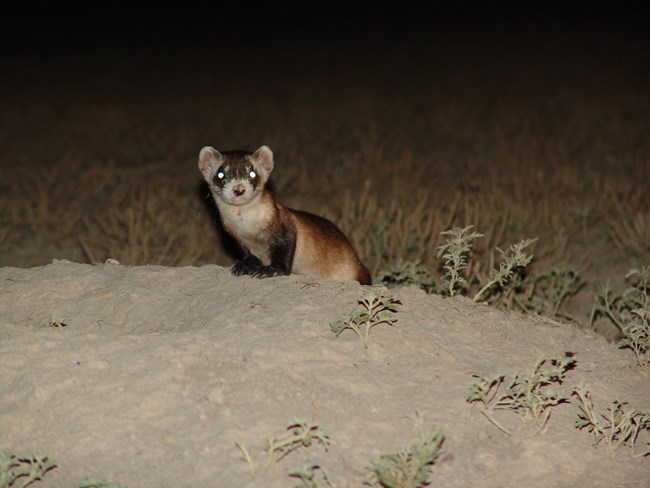
Frequently Asked Questions Of 5 Foods You Should Never Feed Your Ferret
What Foods Are Poisonous To Ferrets?
Ferrets should avoid foods such as chocolate, caffeine, onions, garlic, and grapes, as these can be poisonous to them.
What Is The Healthiest Food For Ferrets?
The healthiest food for ferrets is a balanced diet of high-quality commercial ferret food.
Is Cheese Bad For Ferrets?
Cheese is not recommended for ferrets due to their inability to digest lactose properly.
Can Ferrets Eat Scrambled Eggs?
Yes, ferrets can eat scrambled eggs as long as they are cooked thoroughly and given in moderation.
Conclusion
After reading this blog post, you now have a clear understanding of the foods you should never feed your ferret. Remember, ferrets have highly sensitive digestive systems and specific dietary needs. It’s important to avoid feeding them foods that can be harmful to their health.
Some common foods to avoid are fruits and vegetables high in sugar, dairy products, chocolate, caffeine, and processed foods. Instead, focus on providing a balanced ferret diet that includes high-quality ferret food, meat-based treats, and fresh water. By prioritizing your ferret’s nutritional well-being, you can help ensure they live a long and healthy life.
Always consult with a veterinarian if you have any concerns or questions about your ferret’s diet. Your ferret depends on you to make the right choices when it comes to their nutrition, so be sure to prioritize their well-being.


